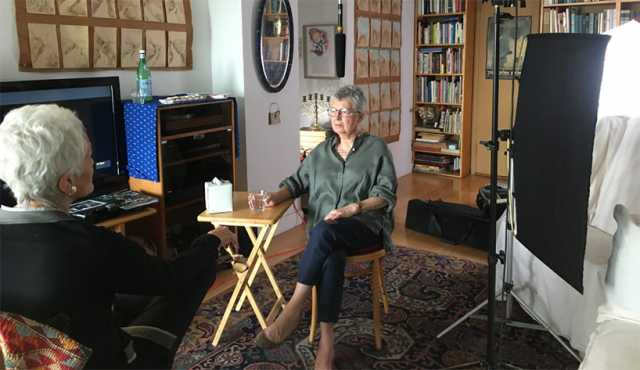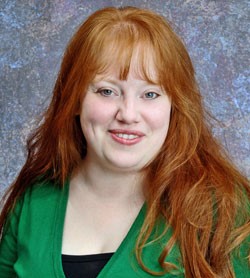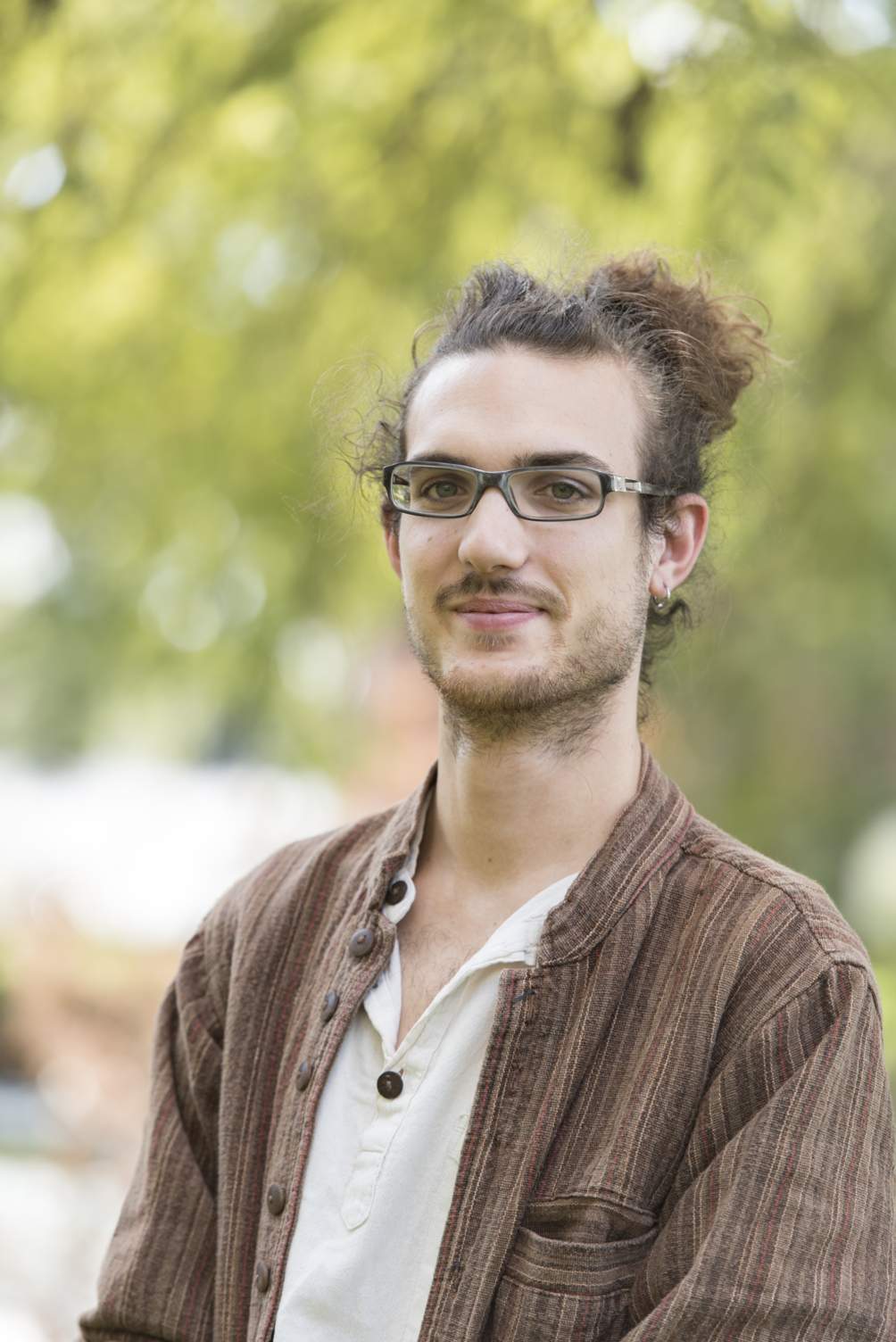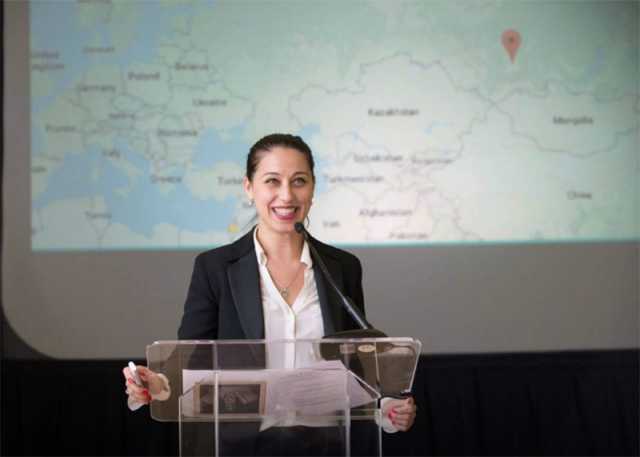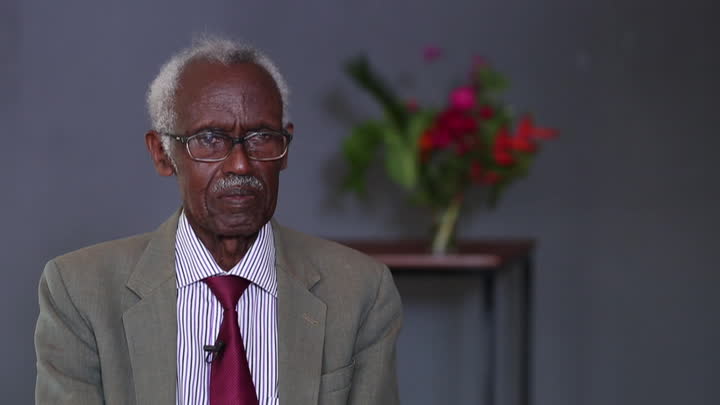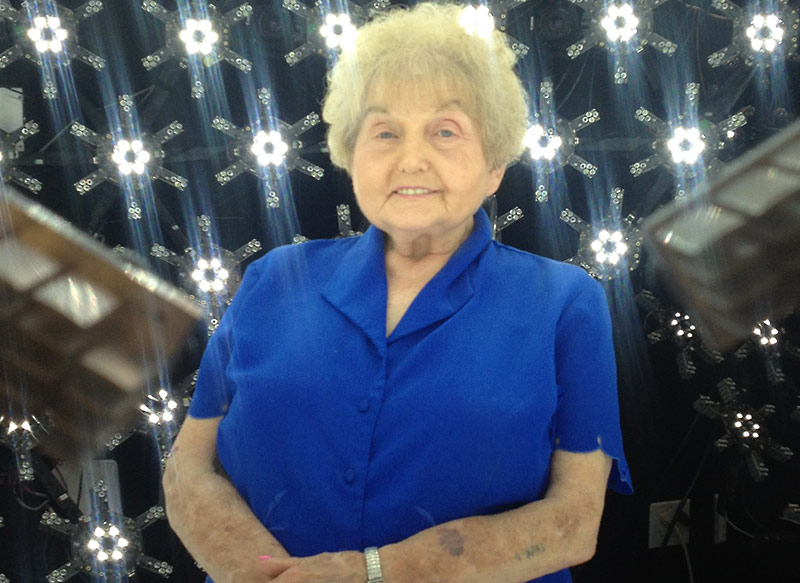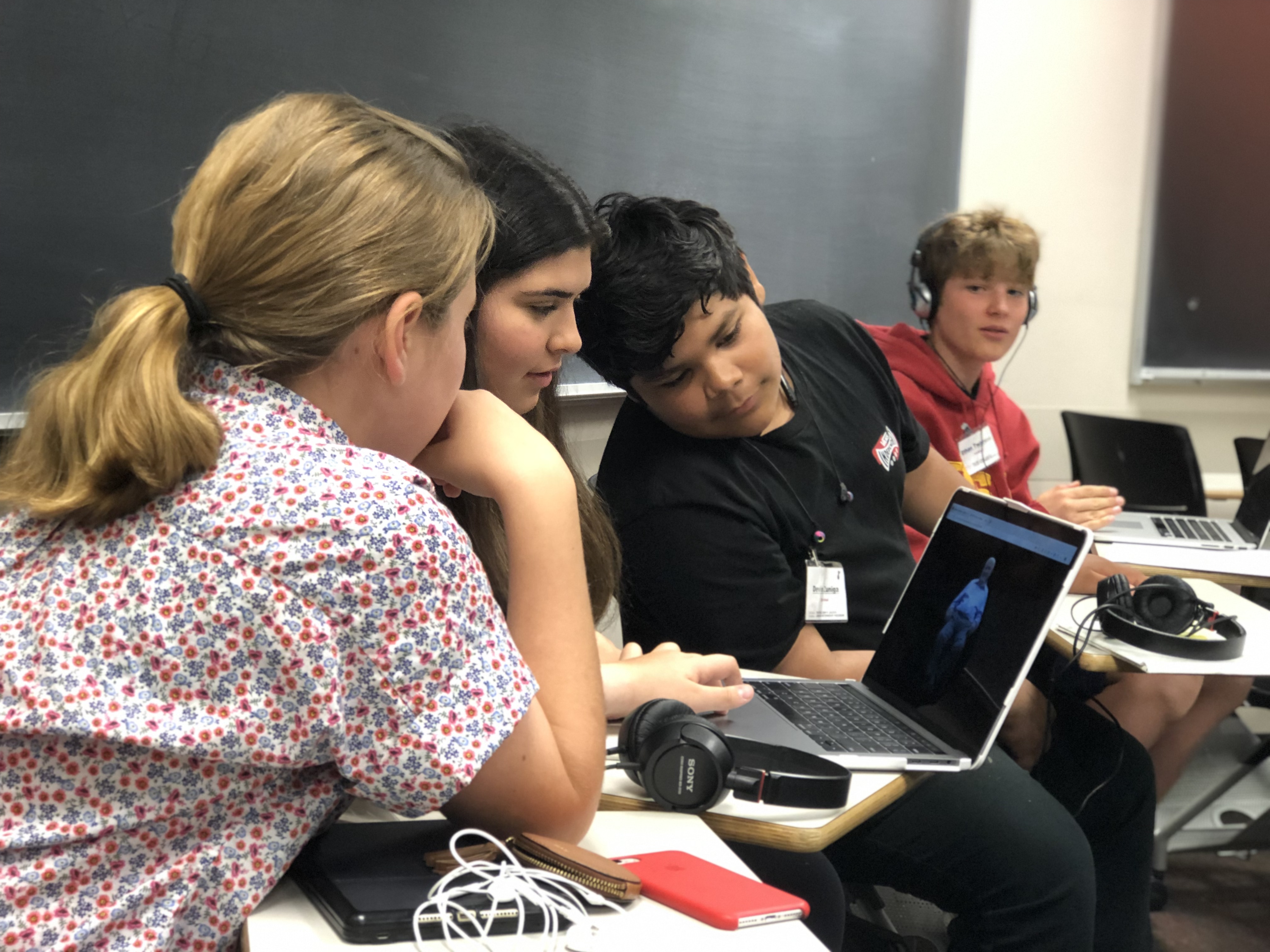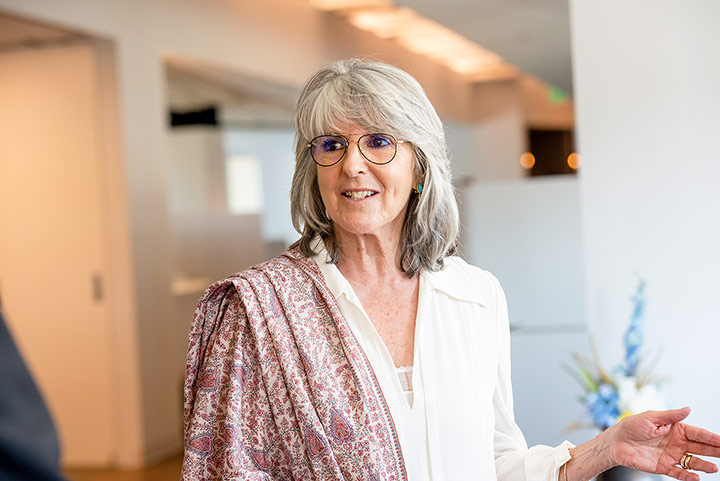Miriam Katin survived the Holocaust as a toddler because her quick-thinking mother faked their deaths in Budapest at a historically perilous time for Jews in Hungary. Now 77, Katin has a thriving career as a graphic artist whose humor cartoons have appeared in The New Yorker.
Her remarkable oral history would have been lost to time without the initiative by USC Shoah Foundation to document the stories of Holocaust survivors before it is too late.
Brigittine M.
Maël LeNoc, a PhD Candidate in Geography at Texas State University, has been awarded the 2019-2020 Margee and Douglas Greenberg Research Fellowship at the USC Shoah Foundation Center for Advanced Genocide Research.
Ioanida Costache, a PhD Candidate in Music at Stanford University, has been awarded the 2019-2020 Breslauer, Rutman and Anderson Research Fellowship at the USC Shoah Foundation Center for Advanced Genocide Research.
Any individual testimony of a Holocaust survivor tells a story that is personalized and unique.
But a new Jewish Studies class at the University of Toronto is encouraging students to watch USC Shoah Foundation’s testimonies in another way – using applied statistics – to test hypotheses and find broader stories that often aren’t detectible in any single interview.
The aim for the course – called Jews: by the numbers – is to take a quantitative approach to studying the humanities.
The Holocaust is not widely taught in Latin America. Few books on the subject are available in Spanish, and university classes that do touch on the history are sometimes outdated.
Today marks the last day of the USC Shoah Foundation’s 100 Voices to Remember Twitter project, a string of daily quotes from a different witness of the 1994 Genocide Against the Tutsi in Rwanda for each day of its duration.
The atrocities claimed as many as one million lives over the course of about 100 days in 1994, when government-backed militias of ethnic Hutus went on a mass killing spree, targeting the country’s next largest ethnic group, the Tutsis.
USC Shoah Foundation is saddened by the recent loss of Eva Kor, a Holocaust survivor who – along with her twin sister – endured cruel experiments conducted on her at Auschwitz, and, half a century later, sparked controversy by publicly forgiving the Nazis who tormented her and killed her parents and two older sisters.
She went on to found CANDLES Museum and Education Center in Indiana.
USC Shoah Foundation’s William P. Lauder Junior Internship Program kicked off with discussions about the importance of being an upstander in their communities. It continued with a trip to the Japanese American National Museum, where they learned about the internment of Japanese-Americans during WWII. And it concluded with student presentations.
USC Shoah Foundation—The Institute for Visual History and Education (USC Shoah Foundation) announced today the appointment of Lee Liberman as Chair of its Board of Councilors and Joel Citron as Vice Chair effective July 1, 2019.
